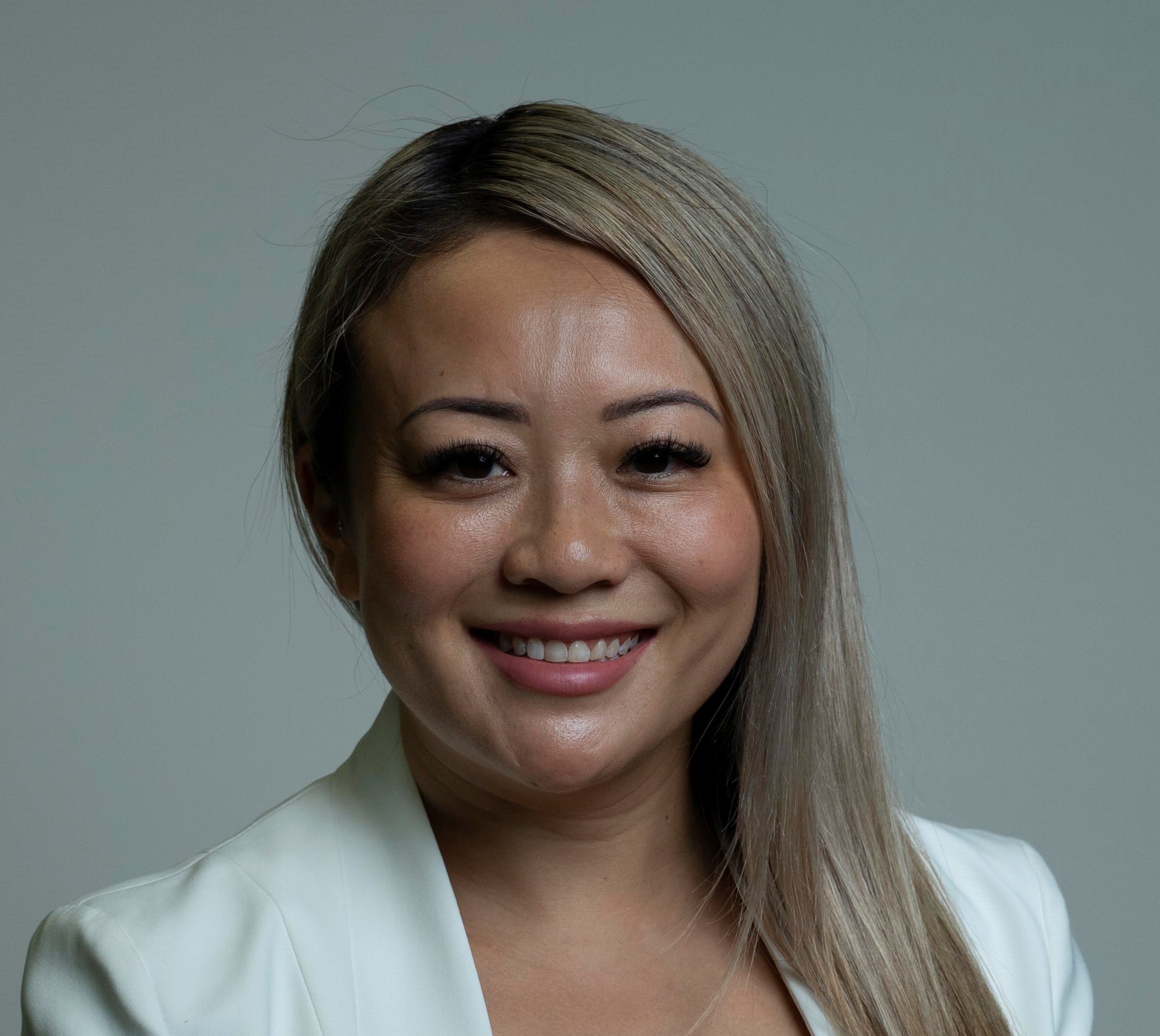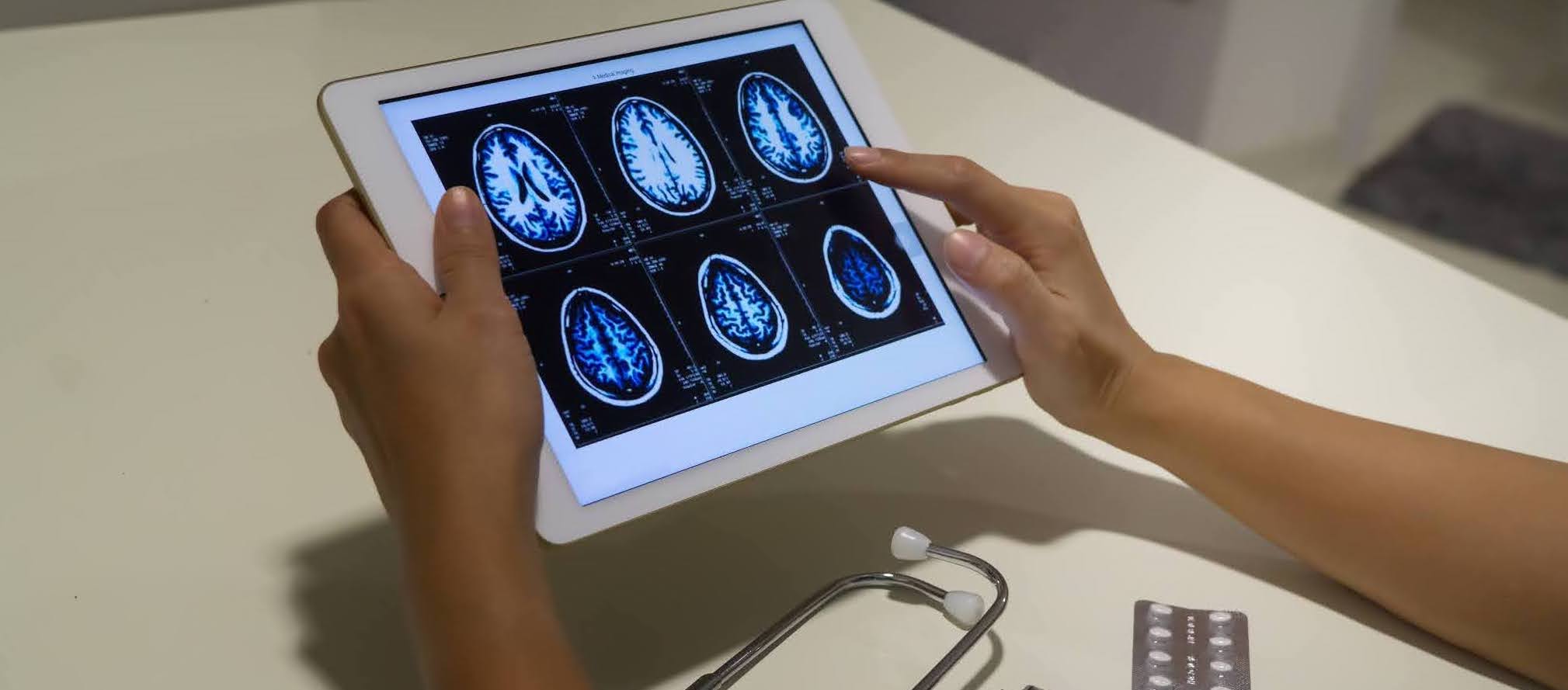Obstetric and Gynecology practices are under significant pressure, with fewer patients opting to take out private insurance, and going through the public system instead. So what does obstetric care in private practice mean in today’s fast-paced, digitally savvy and competitive environment?
Clinic to Cloud recently held a webinar with Associate Professor Gino Pecoraro, President of the National Association and Specialist Obstetrician and Gynecologist, and Dr. Joseph Sgroi, Obstetrician and Gynecologist, and IVF Fertility Specialist, around the challenges currently facing obstetric private practice. They unpacked how digital transformation is unlocking new and innovative ways of connecting with patients and providing patient-centred care now and into the future.
Obstetric private practice is competitive - are you keeping up?
Dr Pecoraro revealed it's difficult to compete with the public health system, so it is up to medical professionals in private practice to do the best they can for their paying patients and offer them the very best experience, the very best outcomes and demonstrate true value in this competitive landscape.
“Often we see patients have one private consultation, then decide to go public because the value proposition of going private isn’t there,” he explains. “So why should a patient go to a private practitioner if they don’t really listen, give them that exceptional experience or put them front and centre? On top of this, there is a dangerous oversupply of obstetricians in urban centres, so how can you stand out from the crowd?”
As Dr Pecoraro points out, patients are centred on themselves, and they are happy to pay good money to ensure the level of service they expect now.
“Communication is an active thing and a significant proportion of communication is listening to find out what information a patient needs,” he says.
“So you need to give them adequate face-to-face time. If you're running and still doing the six minute medical consultation that worked a generation ago, you're not going to succeed, because the current generation of people are paying for and demand longer consultations, especially if you're going to charge for them, because they want to feel they're getting value for money. So using the right systems, technology and tools to get quality information and to enable quality communication is invaluable.”
Dr Sgroi agrees, and adds that gone are the days of in and out 5 minute consults in private practice, so you need to find ways to drive efficiency while giving patients that optimal experience.
“When building a practice, doctors need to provide differences in the way they interact with patients, Dr Sgroi explains. “We need to engage with our patients. Whether it’s the one-to-one consult, whether it be the additional ancillary services we provide, we must provide a good point of difference, and it then becomes a discretionary spend that people are happy to spend because they know they're getting a quality product.”
How to demonstrate ‘value’ to patients in obstetric private practice
One of the key ways identified to provide that patient-centric care as a point of differentiation from the public system is using health technology.
“A key point of difference the private sector has over the public sector is our ability to resource a lot better. If there's something in the public sector it’s caught up in bureaucracy, unfortunately, and sometimes this leads to a breakdown in providing better patient engagement and management systems,” Dr Sgroi says.
“One of the things about being a private practitioner is you're in charge of everything. So a lot of what we choose in terms of our support systems, whether that be accounting software, medical support systems, or technologies to improve patient experience, we can easily integrate in our practice. This proactive and agile approach helps us provide a better patient experience, while enabling us to track those experiences and outcomes to improve our practice.”
Dr Sgroi highlights how using health technology, systems and solutions, means better tracking of patient consults and feedback, which supports better patient outcomes and more patient-centred care. For instance, using cloud technology accessed from anywhere, and technology enabled by AI, means practitioners and admin staff can know exactly where a patient is on their journey at any given time.
“It is particularly important in obstetrics to be able to quickly establish what's going on with your patient,” Dr Sgroi adds. “I use the Clinic to Cloud Doctor App and I can jump online in the middle of the night and quickly establish what the obstetric issues are. So even before picking up the telephone I already have an understanding of who that person is. This is the type of private service the patients are now expecting.”
Enhancing the patient experience and being a true advocate of women’s health
According to Dr Sgroi, there's a lot of things that will need to develop in terms of improving the way that you approach patients, improving how you advocate on behalf of women's health, but also in utilising technology to help improve your practices.
“Through Clinic to Cloud’s Patient Portal, for example, patients can also access their medical files and results, they can see letters and appointments, for ease and accessibility and to encourage more engagement, for better care,” he adds.
“With people being locked down since March in Melbourne, and levels of anxiety, depression have gone skyrocketing. Clinic to Cloud is now in the process of integrating iCOPE into its system. So the patient is able to complete a survey, and it enters a postnatal depression score, which comes straight into my system so I can help immediately,” he adds.
Checking results from an app as soon as they come in, pushing out SMS notifications to patients, and generally being able to communicate with them far more efficiently using technology, is a real game changer, Dr Sgroi adds.
“I used to have to wait for results. Now, I can get them electronically on the app just by looking at my phone,” he explains. “People nowadays want to have a personalised message that goes to them to say their result for downs syndrome is low risk.
“Well, you can get on the phone and ring them, or alternatively, you could shoot them an SMS or an email through your practice management software. It means it takes seconds instead of minutes - and it does it swiftly with no waiting for the doctor or the patient.
“The other thing is, as a decision support tool it is very valuable for me. We all know how to manage gestational hypertension and we all know how to manage preeclampsia. I've developed shortcuts in the practice management tool which let me add a quick check document around what happens with the medical procedure. So I can document it for the purposes of explaining it to the patient, but moreover from a medical and legal perspective.”
Improving efficiency and strengthening private obstetric practice
Dr Sgroi says doctors in private obstetric practice also need to use a good medical platform to find efficiencies within their practice in other areas. For instance, billing is also being transformed by cloud health technology.
Dr Sgroi said it used to be the case billings would slip through the cracks, because billings would be handled by multiple people within a practice, or just be forgotten on a busy day.
Now, he says, on the Doctor App he can log a birth and put in the item number and also put in its billed direct to the Health Fund, immediately.
“This adds efficiency, but also because your admin is not needing to do it. It means you're not going to miss things, which means the software is going to pay for itself in this alone,” he concludes.
To find out more about how Clinic to Cloud is facilitating both practice efficiency and better patient care, watch the full interview with Dr Sgroi and A/Prof Pecoraro on demand here.



